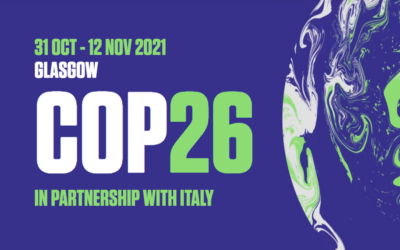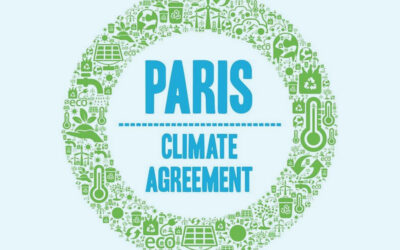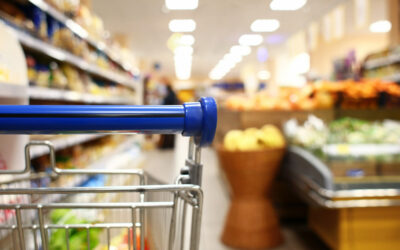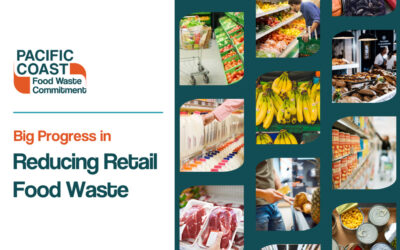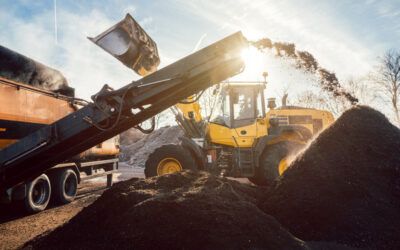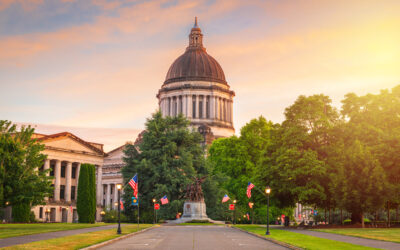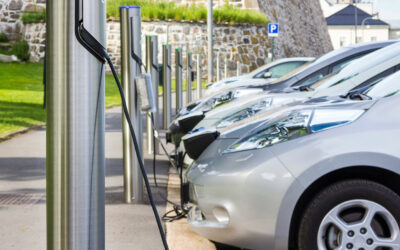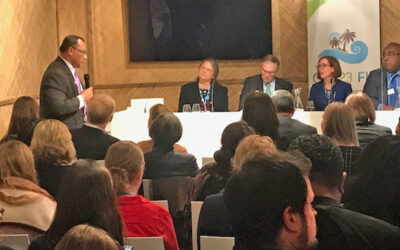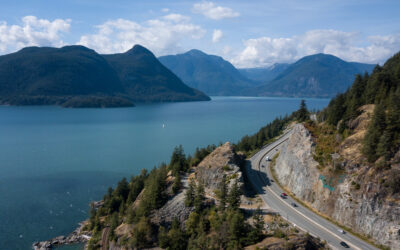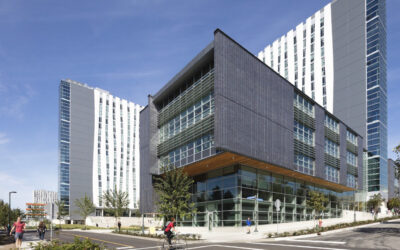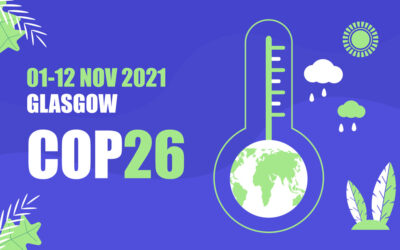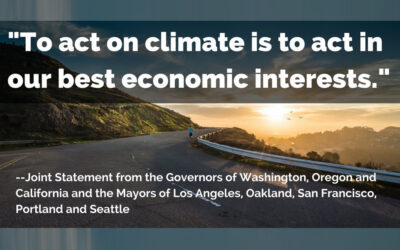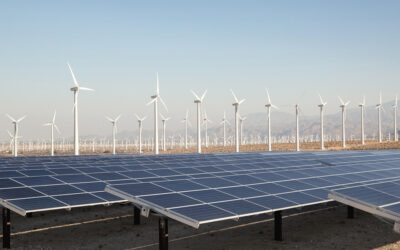News Room
PCC Leadership
PCC Mini-Documentary for COP26 in Glasgow, Scotland
COP26 is an event that many experts believe to be the world’s best last chance to get runaway climate change under control. We have less than a decade to prevent irreversible damage from our rapidly changing climate. And as we recover from the...
Rejoining the Paris Climate Agreement
Rejoining the Paris Agreement is an unequivocal commitment to climate action for the future of our communities, country, and world. The Pacific Coast Collaborative (PCC) welcomes this decision and looks forward to working with the Biden-Harris...
PCC Climate Week Event: A Green and Just Recovery from the Global Pandemic
Climate Week NYC is one of the only international climate summits taking place this year. The Pacific Coast Collaborative had 60 minutes in the middle of the highly anticipated summit to talk about how the region is shaping a green and just...
Food Waste
Progress in Food Waste Reduction on the West Coast
By Nia D’Emilio, ReFED A cornerstone of the Pacific Coast Food Waste Commitment (PCFWC) is data collection and sharing. But why is data so critical to food waste reduction initiatives? Because it allows everyone in the food supply chain—from the...
Grocery Stores Report Significant Progress In Reducing Food Waste
The Four-Year Analysis from the Pacific Coast Food Waste Commitment Represents The “Best-In-Class” Dataset for Tracking Retail Food Waste [April 4, 2024] – A new study from the Pacific Coast Food Waste Commitment shows that grocery retailers made...
Top Five Solutions to Cut Food Waste Tons
This article was originally published on ReFED’s blog on October 12, 2023. We know that food waste has negative impacts on our environment, our economy, and communities, and reducing food waste has been identified as one of the top solutions to...
Transportation
Washington State Passes Historic Clean Energy Package
May 7, 2019 As a member of the Pacific Coast Collaborative, Washington state is no stranger to leading on climate action. On Tuesday, May 7, Governor Jay Inslee reinforced the state’s commitment to fighting climate change and creating a low carbon...
New Policy Brief on West Coast Low Carbon Transportation Fuel Programs
March 28, 2019The transportation system on the Pacific Coast accounts for at least 40% of regional greenhouse gas emissions. Using cleaner fuels in transportation is an important strategy to meet the region's goal of cutting greenhouse gas...
Joint Statement from the PCC in Response to EPA’s Decision to Weaken Emissions Standards for Vehicles
By the Governors of California, Oregon, and Washington, and the Mayors of Los Angeles, Oakland, San Francisco, Portland and Seattle April 2, 2018 “As members of the Pacific Coast Collaborative and representing a West Coast region of more than 55...
Oceans
International Alliance to Combat Ocean Acidification announces new members, including Fiji, and new plans for action at climate talks in Bonn
BONN, Germany (13. November, 2017) – As part of the UN Climate Change Conference, COP23, the International Alliance to Combat Ocean Acidification (OA Alliance) today announced new members, including the Republic of Fiji, and new commitments from...
The Ocean Conference West Coast leaders announce commitments to address threats posed to U.S. coastal communities by ocean acidification
NEW YORK, NY (June 6, 2017) – The U.S. States of California and Washington are joining other government and affiliate members of the International Alliance to Combat Ocean Acidification (OA Alliance) at UN Headquarters this week at The Ocean...
Pacific Leaders Take Action on Clean Energy, Transportation, Ocean Conservation
VANCOUVER, B.C. (February 12, 2010) – Leaders from British Columbia, California, Oregon, and Washington have signed onto a series of joint actions that will help create jobs, strengthen the Pacific Coast economy, advance action on climate change...
Buildings
Low Carbon Construction Task Force Releases Vision and Action Plan
Pacific Coast Leaders Release Strategy for Building More with Less Carbon Today, the Pacific Coast Collaborative (PCC) released its Vision and Action Plan to promote a regional low-carbon construction sector that promotes equity-centered policies,...
The Pacific Coast Collaborative announces the launch of the Low Carbon Construction Task Force (Glasgow)
Glasgow, Scotland (November 6, 2021). North American Pacific Coast leaders launch landmark task force to advance low-carbon materials in buildings and construction projects The Pacific Coast Collaborative (PCC) announces the launch of the Low...
Washington State Passes Historic Clean Energy Package
May 7, 2019 As a member of the Pacific Coast Collaborative, Washington state is no stranger to leading on climate action. On Tuesday, May 7, Governor Jay Inslee reinforced the state’s commitment to fighting climate change and creating a low carbon...
Clean Energy
Washington State Passes Historic Clean Energy Package
May 7, 2019 As a member of the Pacific Coast Collaborative, Washington state is no stranger to leading on climate action. On Tuesday, May 7, Governor Jay Inslee reinforced the state’s commitment to fighting climate change and creating a low carbon...
West Coast Governors’ and Mayors’ Response to the President’s Executive Order to Withdraw and Rewrite the Clean Power Plan
March 28, 2017 Following are statements from West Coast Governors and Mayors in response to President Trump’s Executive Order, which includes directives to withdraw and rewrite the Clean Power Plan, as well as weaken other standards that protect...
Pacific Leaders Take Action on Clean Energy, Transportation, Ocean Conservation
VANCOUVER, B.C. (February 12, 2010) – Leaders from British Columbia, California, Oregon, and Washington have signed onto a series of joint actions that will help create jobs, strengthen the Pacific Coast economy, advance action on climate change...
Resilience
Climate Resilience on the Pacific Coast: Framework for Collaborative Action
Climate change has already caused unprecedented wildfires and intensified natural disasters on the Pacific Coast. Through the Framework for Collaborative Action, the PCC has charted an implementation roadmap to spur new coordinated work among PCC...
West Coast Governors/Premier, Big City Mayors Acting on Climate, Launch Coordinated Climate Resilience Effort
San Francisco, CA (September 14, 2018)– Today, Governors Jerry Brown (CA) and Jay Inslee (WA) announced on behalf of the Pacific Coast Collaborative (PCC) a new effort to strengthen climate resilience at the Global Climate Action Summit (GCAS)....
